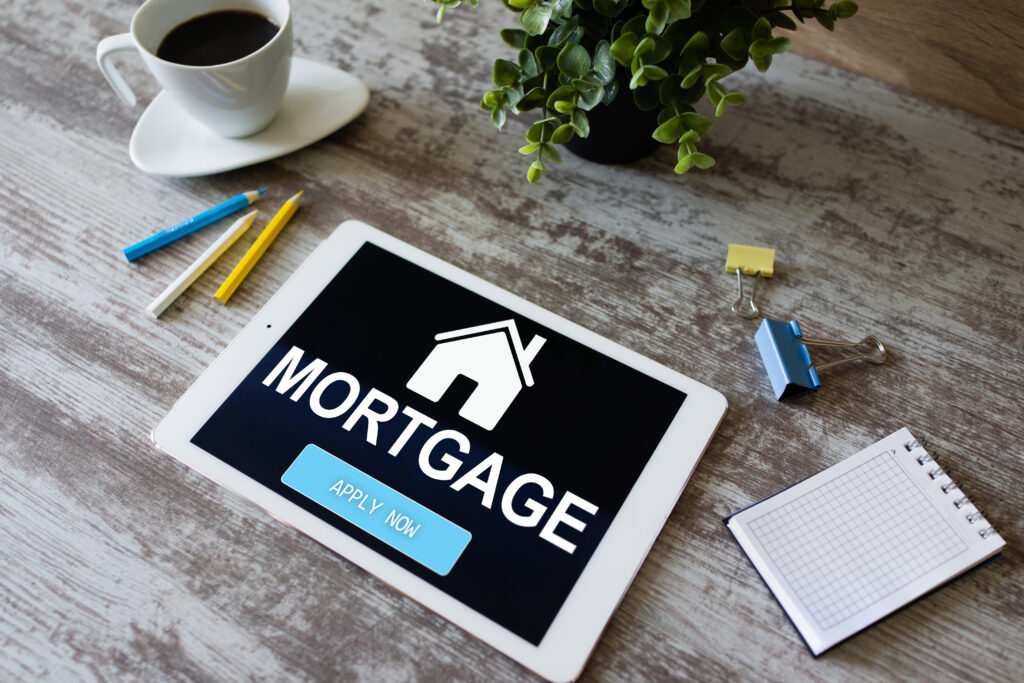**Title: Understanding eMortgages: A Comprehensive Guide to Digital Home Financing**
**Introduction**
In today’s digital age, many transactions have moved online, and home mortgages are no exception. Electronic mortgages, or eMortgages, have gained popularity, especially during the COVID-19 pandemic. While initially adopted for safety reasons, eMortgages are now favored for their convenience. If you’re in the market for a new home or real estate, here’s everything you need to know about eMortgages.
**What Is An eMortgage?**
An eMortgage is an electronically created and stored version of standard mortgage documents. It can also refer to a fully electronic mortgage process that includes eClosings and electronic signatures. By using digital documents, eMortgages streamline the mortgage loan process, eliminating the need for in-person meetings with mortgage brokers or real estate agents.
**Do eMortgages Have Different Requirements?**
The qualifications for an eMortgage are the same as those for a traditional mortgage. If you have a strong credit score and a solid debt-to-income ratio (DTI), you can expect the same interest rates as you would with a conventional mortgage loan.
**How Does An eMortgage Differ From A Traditional Mortgage?**
While an eMortgage is digitally originated, transferred, and stored, it follows the same home loan application process as a traditional mortgage. The primary difference lies in the digital handling of documents and the potential for remote closings.
**Mortgage eClosings**
eMortgages often feature eClosings, where parties review and sign documents remotely and electronically. This contrasts with standard mortgages, which typically require in-person closings.
**Mortgage eNotes**
An eMortgage includes an eNote, an electronic version of a promissory note. The borrower signs this note, outlining the loan conditions, and the lender maintains it. Unlike physical promissory notes, eNotes are registered with the MERS mortgage eRegistry and stored in a digital vault. Lenders can sell eNotes to government-sponsored enterprises like Fannie Mae and Freddie Mac, provided all requirements are met.
**Advantages of An eMortgage**
eMortgages offer several benefits to buyers, sellers, and lenders:
– **Efficiency**: Faster processing and less stress for all parties involved.
– **Convenience**: Allows for remote closings, enabling participants to sign documents from home.
– **Security**: Reduced risk of errors and misplaced documents.
– **Eco-friendliness**: Less physical paperwork, making the process more environmentally friendly.
**How Do Digital Mortgage Closings (eClosings) Work?**
eClosings can vary based on state laws regarding remote notarization. Common methods include:
– **In-person electronic signing**: Documents are signed and notarized electronically, but attendees are present in person.
– **Remote ink signing**: Paper documents are signed while a notary witnesses via webcam, then mailed to the notary.
– **Remote electronic signing**: Fully remote process with electronic signatures and notarization via webcam.
– **Hybrid in-person and remote signing**: Combination of in-person and remote meetings with either electronic or ink signatures.
Fully remote closings are legal in all but five states: Mississippi, Alabama, Georgia, South Carolina, and Connecticut. Legislation is being introduced in these states to legalize the practice. O1ne Mortgage Inc. completed its first eClosing in 2017 and offers hybrid eClosings in all 50 states.
**What Does A Digital Signing Involve?**
Digital signing methods include:
– Typing your name in the signature box.
– Uploading a picture of your actual signature.
– Drawing your signature on the screen using a finger, stylus, or mouse.
Having your contact information ready is helpful for a smooth digital signing process.
**Will Your Loan Documents Stay Safe?**
eMortgages offer enhanced security for loan documents and personal information. Digital documents allow for additional layers of security and reduce the risk of misplacing sensitive information.
**The Bottom Line**
eMortgages and eClosings can simplify your next home purchase or refinance. If you’re interested, ask your real estate agent or mortgage broker about completing your mortgage process electronically. You can expect competitive rates and a more convenient experience.
**Ready to see if an eMortgage will work for you? Start your mortgage application today with O1ne Mortgage Inc. to determine your eligibility and explore the benefits of digital home financing. Visit [O1ne Mortgage Inc.](https://o1nemortgage.com) or call us at 888-372-8820 to get started.**
**Keywords: eMortgage, digital mortgage, electronic mortgage, eClosing, mortgage loan, home financing, O1ne Mortgage Inc.**
Title & Legal Processes
1. Alienation Clause 2. Due-on-Sale Clause 3. Mortgage Contracts 4. Real Estate Transfer 5. Assumable Mortgages







